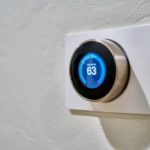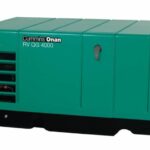Table of Contents
Mr. Heater units are renowned for their durability and effectiveness in providing warmth.
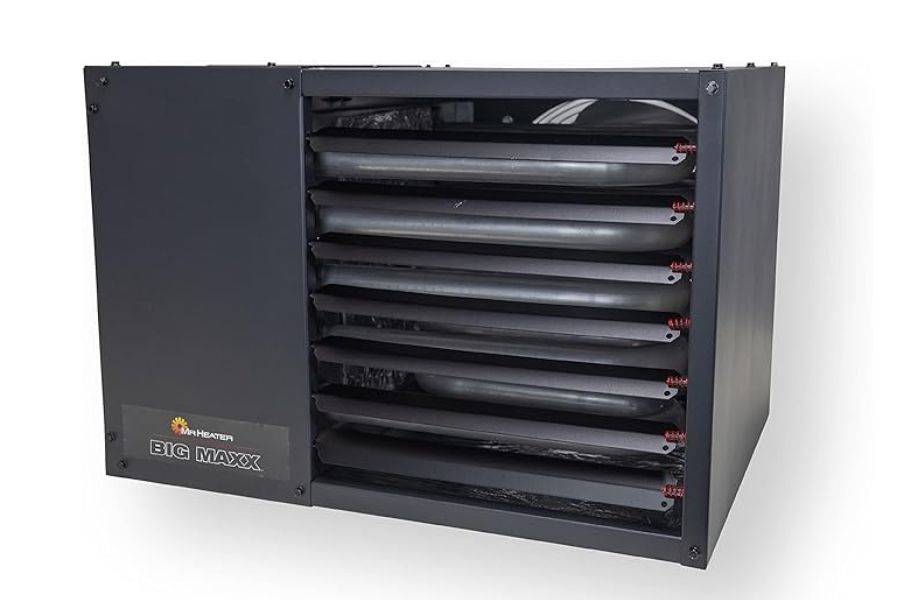
However, encountering a heater that shuts off after a few minutes can be both frustrating and puzzling.
This comprehensive guide delves into various causes of this issue and outlines detailed solutions to help users troubleshoot and resolve the problem efficiently.
Pilot Light Issues
Dirty Pilot Tube
Cause: Accumulation of dirt and debris can obstruct gas flow through the pilot tube, causing the heater to shut off.
Solution: First, ensure the heater is turned off and completely cool. Carefully remove the pilot tube using appropriate tools if necessary.
Use a fine needle to gently clear out any debris from the tube. For a thorough cleaning, apply short bursts of compressed air through the tube to dislodge stubborn particles.
Reattach the pilot tube securely and relight the pilot according to the manufacturer’s instructions.
Misaligned Thermocouple
Cause: The thermocouple might not be correctly positioned within the pilot flame, preventing it from detecting the flame and causing the gas valve to close.
Solution: After turning off the heater and allowing it to cool, locate the thermocouple and gently bend it back into the correct position so that it is directly in the path of the pilot flame.
Ensure that it is securely fastened and not loose. If the thermocouple appears damaged or worn out, it may need to be replaced.
Fuel Supply Challenges
Insufficient Propane Levels
Cause: A nearly empty propane tank can lead to inconsistent fuel supply, resulting in the heater turning off.
Solution: Regularly check the propane level in your tank, especially before extended use. Consider investing in a propane tank gauge for accurate readings.
Refill the tank when levels are low, and always keep a spare tank on hand for quick replacement.
Hose or Regulator Leaks
Cause: Leaks in the hose or regulator can cause a drop in gas pressure, leading to a heater malfunction.
Solution: Conduct a leak test by applying a soap solution (a mixture of water and dish soap) to the hose and regulator connections.
Turn on the gas slightly and observe for bubbles forming, indicating a leak. Tighten all connections and replace any damaged hoses or regulators.
It’s crucial to perform this test periodically as part of routine maintenance.
Safety Sensor Activation
Low Oxygen Levels Detected by ODS
Cause: The Oxygen Depletion Sensor (ODS) may shut off the heater if it detects insufficient oxygen levels in the room, a safety feature to prevent carbon monoxide buildup.
Solution: Improve ventilation in the area where the heater is used. Open windows or doors slightly to allow fresh air circulation.
Ensure the heater is not used in extremely confined spaces. Regularly clean the ODS sensor following the manufacturer’s guidelines to prevent false readings.
Heater Tipped Over
Cause: The tip-over switch activates if the heater is knocked over or tilted, automatically shutting it off.
Solution: Place the heater on a stable, flat surface away from high-traffic areas and pets.
Check that the tip-over switch is functioning correctly and not overly sensitive, which could trigger unnecessary shutdowns. If the switch is faulty, consult the manufacturer for repair or replacement options.
Environmental Factors
High Altitude Operation
Cause: Operating a heater at high altitudes can affect combustion due to lower oxygen levels, leading to incomplete burning and triggering safety shut-offs.
Solution: Some heaters are equipped with altitude adjustment settings or kits designed for use at higher elevations.
Consult the manufacturer for specific recommendations or consider purchasing a model designed for high-altitude operation. Ensuring proper ventilation can also mitigate altitude-related issues.
Poor Ventilation
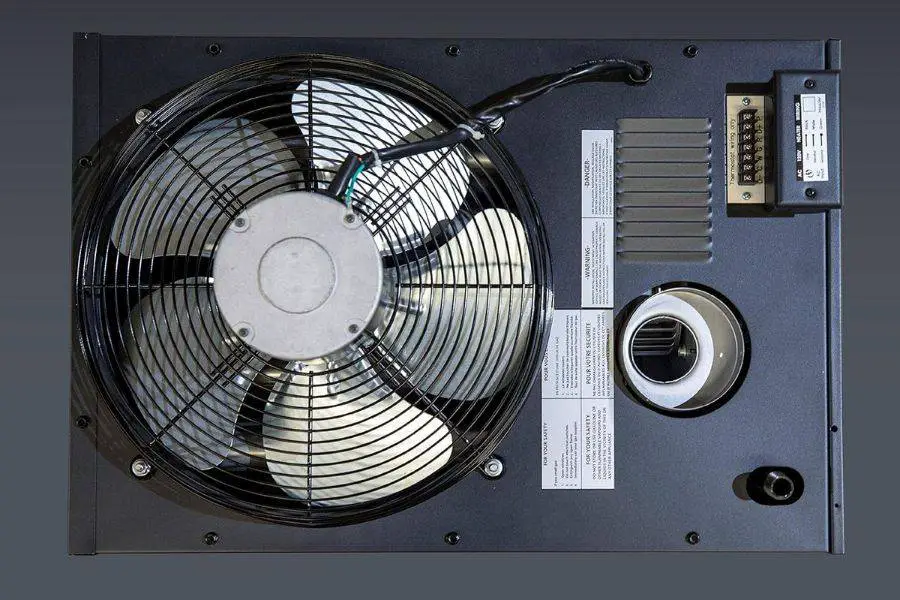
Cause: Insufficient ventilation can lead to oxygen depletion and accumulation of combustion byproducts, causing the heater to shut off.
Solution: Increase ventilation in the area by opening windows or using fans to promote air circulation.
Ensure that the heater’s vents are not blocked and that there is enough clearance around the unit as specified by the manufacturer.
Electrical Component Failures
Faulty Ignition System
Cause: Components of the ignition system, such as the spark plug or ignition control module, can fail, preventing the heater from staying lit.
Solution: Inspect the ignition components for signs of wear or damage. Clean the spark plug and check for a strong spark.
Replace any faulty parts with compatible replacements from the manufacturer. If you’re unsure about diagnosing or repairing electrical components, seek professional assistance.
Gas Valve Malfunctions
Cause: Faulty Gas Valve
A defective gas valve can disrupt the flow of gas to the heater, causing it to shut off unexpectedly.
Solution: Testing and replacing a gas valve should be done by a professional due to the complexity and safety concerns involved.
If you suspect the gas valve is the issue, contact a certified technician to diagnose and replace the valve if necessary.
Airflow Obstruction
Cause: Blocked Air Intakes or Exhausts
Dirt, debris, or even spider webs can clog the heater’s air intake or exhaust, leading to inadequate combustion and triggering safety shut-offs.
Solution: Regularly inspect the air intakes and exhaust vents for any blockages. Use a soft brush or vacuum attachment to gently clean these areas, ensuring unobstructed airflow.
This maintenance should be performed at the beginning of the heating season and periodically throughout use.
Thermostat Malfunction
Cause: Faulty Wiring or Internal Failure
Wiring issues or internal defects in the thermostat can lead to incorrect temperature readings and erratic heater operation.
Solution: Inspect the thermostat wiring for any signs of damage or loose connections and repair or secure it as needed.
If the thermostat continues to malfunction, replacing it with a new unit may be necessary. Choose a thermostat that is compatible with your heater model for optimal performance.
Overheating
Cause: Internal Components Overheating
If the heater’s internal components become too hot, built-in safety mechanisms may shut the unit down to prevent damage or hazards.
Solution: Ensure that there is an adequate clearance around the heater to allow for proper heat dissipation.
Check for and remove any obstructions that might be blocking the heater’s vents. If overheating persists, the internal thermostat or safety switches may be faulty and require replacement.
Incorrect Installation
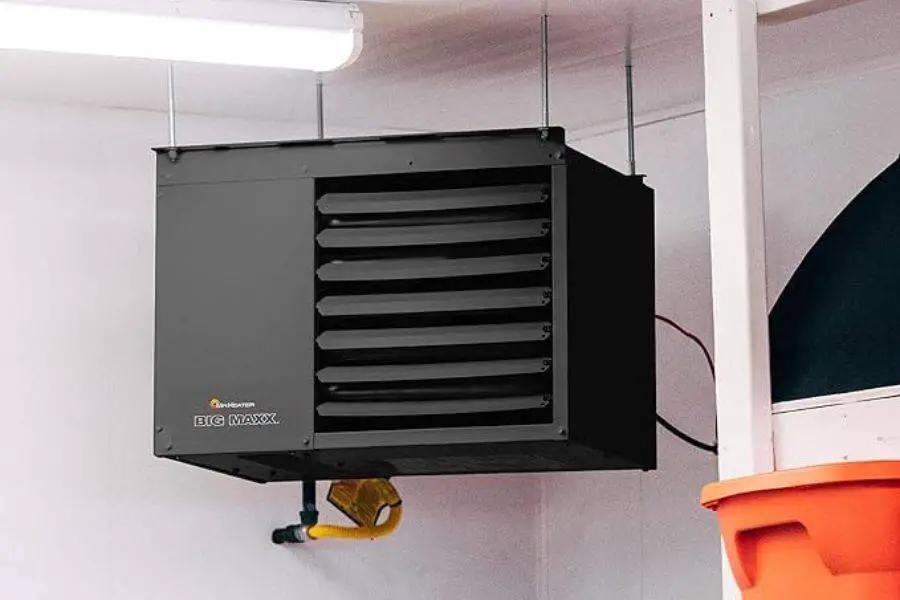
Cause: Improper Setup or Configuration
Incorrect installation or setup of the heater can lead to operational problems, including frequent shutdowns.
Solution: Review the installation guidelines provided by the manufacturer to ensure the heater is set up correctly.
This includes proper gas connection, electrical wiring, and adherence to safety clearances.
If unsure, consulting with a professional installer can ensure the heater is configured for optimal performance.
Combustion Byproduct Buildup
Cause: Accumulation of Soot or Carbon Monoxide
Incomplete combustion can lead to the buildup of soot or carbon monoxide within the heater, affecting its operation.
Solution: Regular servicing is essential to clean and inspect the burner and other components related to combustion.
This helps ensure complete burning and prevents harmful byproducts from accumulating.
Installing a carbon monoxide detector near the heater can also provide an early warning of incomplete combustion.
Conclusion
Diagnosing and fixing a Mr. Heater unit that shuts off after a few minutes involves a systematic approach to identifying the root cause.
From simple maintenance tasks like cleaning air intakes to more technical fixes such as replacing a faulty gas valve, addressing the specific issue can restore your heater’s functionality.
Regular preventive maintenance and adhering to the manufacturer’s guidelines for operation and care are crucial for ensuring reliable and safe heater performance.
For complex problems or when in doubt, seeking assistance from a professional technician is the best course of action to avoid safety risks and further damage to the unit.


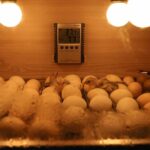
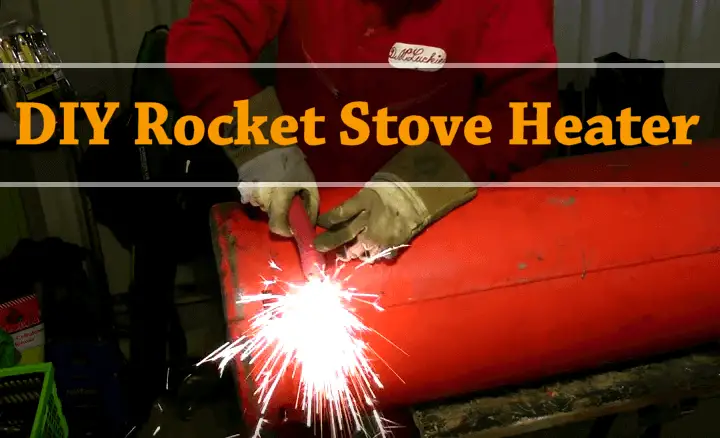
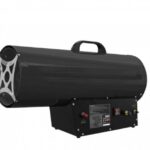
![DIY Candle Heater [How-To] DIY Candle Heater [How-To]](https://homesteadandprepper.com/wp-content/uploads/2022/10/DIY-Candle-Heater-150x150.jpg)

